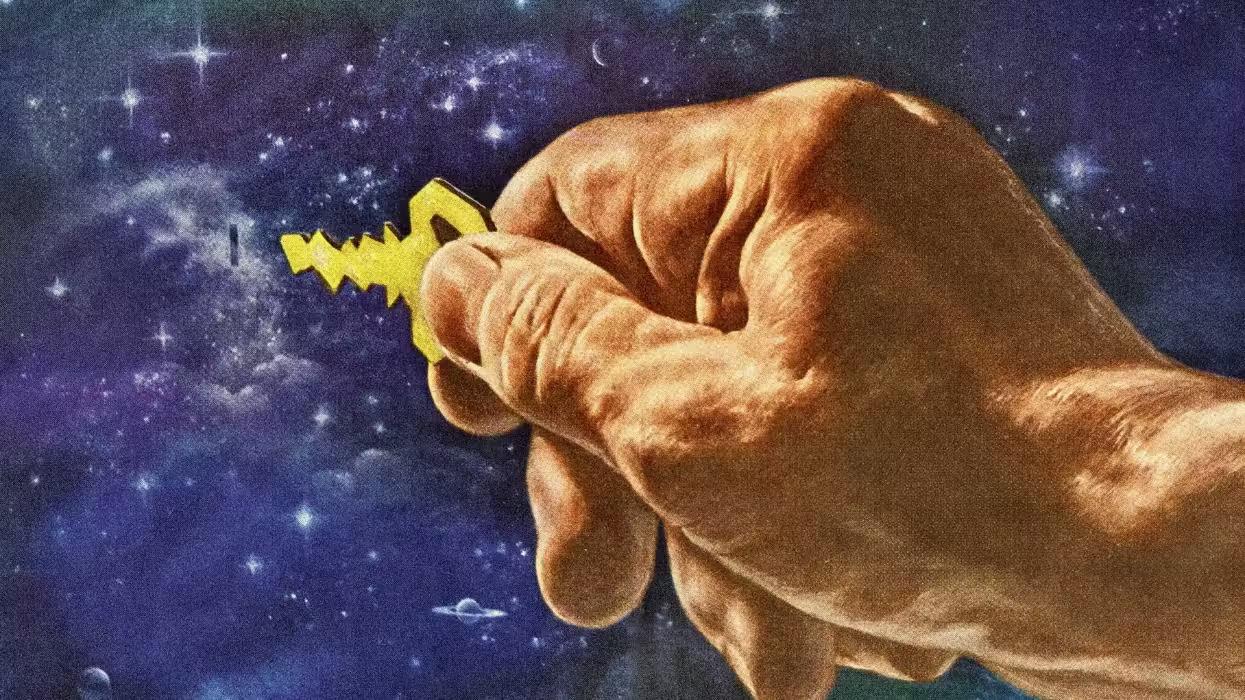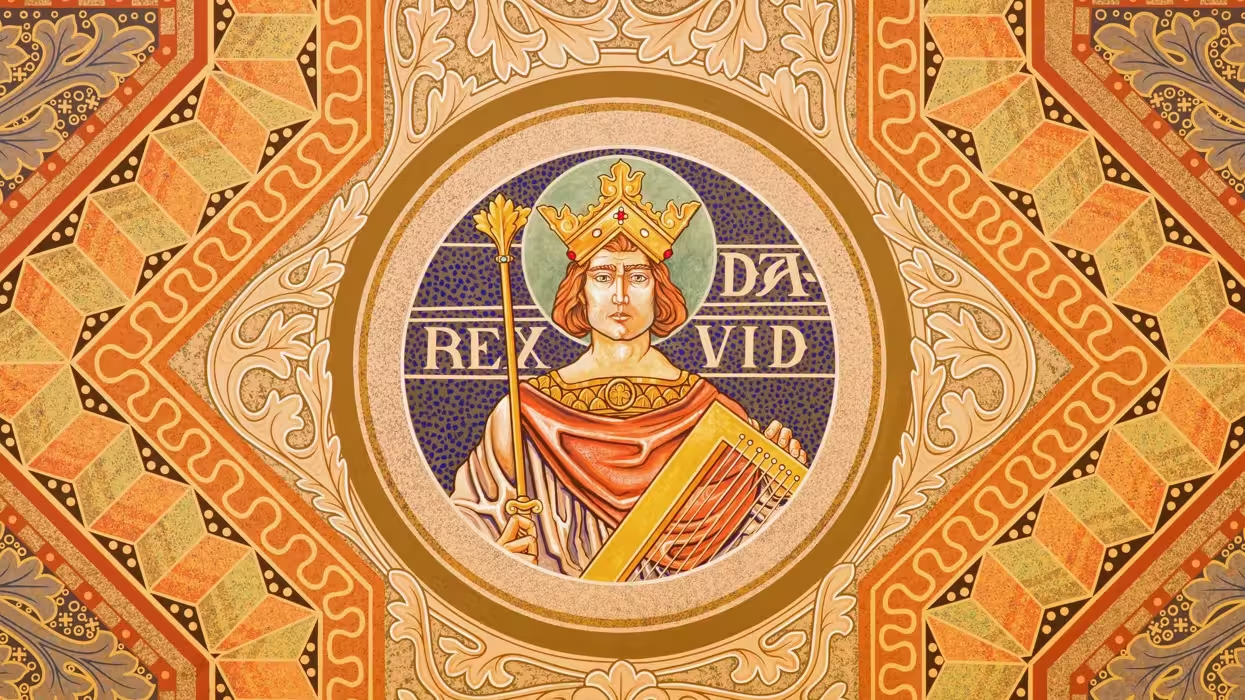LONDON (AP) — It's a political memoir with celebrity trappings — secrecy, security, a multimillion-dollar deal and, crucially, controversy.
Tony Blair's "A Journey" was stirring political passions even before it hits bookstores Wednesday, with excerpts revealing that the former British prime minister has cried for soldiers and civilians killed in Iraq, but still thinks it was right to invade and topple Saddam Hussein.
The decision to go to war remains Blair's most divisive legacy. In excerpts from the book released by the publisher late Tuesday, Blair says "I ... regret with every fiber of my being the loss of those who died."
"Tears, though there have been many, do not encompass it," he says.
But, he says, "on the basis of what we do know now, I still believe that leaving Saddam in power was a bigger risk to our security than removing him and that, terrible though the aftermath was, the reality of Saddam and his sons in charge of Iraq would at least arguably be much worse."
"I can't regret the decision to go to war," he says.
Blair also reopens domestic political wounds, saying he found his rival and successor Gordon Brown difficult and maddening.
British booksellers are reporting heavy interest in the book, for which Blair was paid an estimated 4.6 million pounds ($7.5 million). He's donating the proceeds to a charity for injured troops.
Billed by publisher Random House as a "frank, open" account of life at the top, "A Journey" is being published in a dozen countries, alongside an e-book and an audio version read by Blair himself. It's in the top 10 on Amazon's British best-seller list — though it's only 4,000 on the retailer's U.S. site.
"Initial sales will be huge," said Jonathan Ruppin of Foyles book store chain. "But whether those sales are sustained will depend on how frank and open it is."
Blair — who is scheduled to be in Washington on publication day, attending Israeli-Palestinian peace talks in his role as an international Mideast envoy — has said he "set out to write a book which describes the human as much as the political dimensions of life as prime minister."
"A Journey" promises to give readers behind-the-curtain insights into major world events from the death of Princess Diana to the Sept. 11 attacks and the invasion of Iraq.
It is unlikely to resolve the conflicting views and emotions Blair evokes.
For many Americans, he remains a well-regarded ally who stood shoulder-to-shoulder with the U.S. in the fight against international terrorism. He's scheduled to receive the 2010 Liberty Medal from former President Bill Clinton in Philadelphia on Sept. 13.
At home, he is a more polarizing figure. Swept to power in 1997 on a wave of popular enthusiasm, Blair left office a decade later reviled by many for taking Britain into the U.S.-led Iraq war, and viewed as a liability by much of his own Labour Party.
"He began as a leader who was a friend of everyone, and he finished as a friend of almost no one in Britain," said Blair biographer Anthony Seldon.
Anti-war groups say they will picket Blair's book signings in Dublin on Saturday and in London on Sept. 8. Both are high-security affairs at which book buyers will have to surrender their bags, cameras and mobile phones — and are barred from asking for personal dedications.
Blair, 57, stepped down in June 2007 after a decade that included a historic peace accord in Northern Ireland, the deeply unpopular war in Iraq and the continuing conflict in Afghanistan.
He was Labour's most successful leader for decades, moved the left-leaning party toward the center and brought it back to power after 18 years in opposition.
But when he left, after years of increasingly open hostility with Brown, his party was divided.
In the book, Blair calls Brown "difficult, at times maddening," but says "he was also strong, capable and brilliant."
Brown, and Labour, lost power in an election in May, and Blair does not exactly heap praise on his time in office.
"It is easy to say now, in the light of his tenure as prime minister, that I should have stopped it; at the time that would have been well nigh impossible," Blair writes.
Blair has been at the center of numerous books, notably "The Blair Years," by former press secretary Alastair Campbell, and the recently published memoir "The Third Man," by Labour insider Peter Mandelson.
He was also the inspiration for the former prime minister dogged by allegations of war crimes in Robert Harris' thriller "The Ghost," which was turned into a film by Roman Polanski.
Seldon said most political memoirs are self-serving, "historically pretty useless" and don't live up to the hype.
Blair insists his will be different, and Seldon says the former politician is part of a small group whose words may have wide appeal.
"Britain doesn't have many prime ministers who are international figures," said Seldon. "We have had Churchill, we have had Thatcher, we have had Blair."
___
Online: www.tonyblairjourney.co.uk






